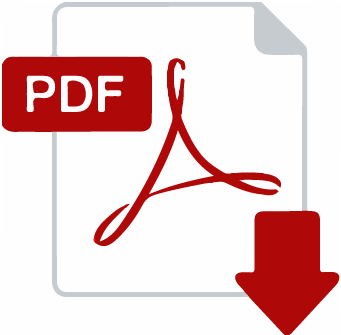Résumé / Abstract
Le roman Les Temps ultramodernes (2022) de Laurent Genefort a été qualifié à plusieurs reprises de roman rétro-futuriste, voire de ré-anticipation. Si ces appellations ont l’avantage de mobiliser une culture visuelle partagée, celle d’un futur non advenu du passé au sein duquel se côtoient technologie avancée et esthétique steampunk, elles masquent plusieurs aspects importants du roman choral. D’abord, l’œuvre en question ne repose pas tant sur la jubilation de l’hybridation historique que sur une réflexion persistante autour du concept de modernité, comme processus d’aliénation des êtres quand il est galopant. L’uchronie proposée, de même, trouve son point de divergence dans l’histoire des sciences, mais opère des modifications notables avec la trame de l’histoire telle qu’on la connaît. Au travers de ces bifurcations, touchant parfois à l’histoire secrète, Les Temps ultramodernes racontent l’invariabilité des ambitions et rapports humains, dont quelques bonnes volontés ne peuvent entraver le cours. Enfin, le roman a la particularité de se présenter de manière polyphonique. Récit à plusieurs voix, il est aussi composé par strates, sous la forme de documents paratextuels qui visent le vérisme de l’univers expansif. Le roman excède dès lors son espace diégétique pour se connecter à d’autres fictions, voire à une autre culture populaire masquée, celle du merveilleux-scientifique français, qui permet alors de revendiquer un rétro-futurisme à la française.
Retro futurism and wold Newton in Laurent Genefort’s Les temps ultra modernes
Laurent Genefort’s novel Les Temps ultramodernes (2022) has repeatedly been described as a retro-futuristic novel, or even a re-anticipation novel. While these labels have the advantage of mobilizing a shared visual culture, that of a future not yet arrived from the past, in which advanced technology and steampunk aesthetics coexist, they mask several important aspects of the choral novel. Firstly, the work in question is not so much based on the jubilation of historical hybridization as on a persistent reflection on the concept of modernity, as a process of alienation of beings when it is rampant. The proposed uchrony, likewise, finds its point of divergence in the history of science, but makes notable modifications to the fabric of history as we know it. Through these bifurcations, sometimes touching on secret history, Les Temps ultramodernes tells of the invariability of human ambitions and relationships, whose course a few good wills cannot hinder. Finally, the novel has the particularity of being polyphonic. A narrative in several voices, it is also composed in layers, in the form of paratextual documents that aim for the verisimilitude of the expansive universe. The novel thus goes beyond its diegetic space to connect with other fictions, and even with another masked popular culture, that of the French marvel-scientific, which then allows us to claim a French-style retro-futurism.
Retro futurism and wold Newton in Laurent Genefort’s Les temps ultra modernes
Laurent Genefort’s novel Les Temps ultramodernes (2022) has repeatedly been described as a retro-futuristic novel, or even a re-anticipation novel. While these labels have the advantage of mobilizing a shared visual culture, that of a future not yet arrived from the past, in which advanced technology and steampunk aesthetics coexist, they mask several important aspects of the choral novel. Firstly, the work in question is not so much based on the jubilation of historical hybridization as on a persistent reflection on the concept of modernity, as a process of alienation of beings when it is rampant. The proposed uchrony, likewise, finds its point of divergence in the history of science, but makes notable modifications to the fabric of history as we know it. Through these bifurcations, sometimes touching on secret history, Les Temps ultramodernes tells of the invariability of human ambitions and relationships, whose course a few good wills cannot hinder. Finally, the novel has the particularity of being polyphonic. A narrative in several voices, it is also composed in layers, in the form of paratextual documents that aim for the verisimilitude of the expansive universe. The novel thus goes beyond its diegetic space to connect with other fictions, and even with another masked popular culture, that of the French marvel-scientific, which then allows us to claim a French-style retro-futurism.
Citer
Fleur Hopkins-Loféron, « Rétro-futurisme et wold Newton dans Les temps ultra modernes de Laurent Genefort » (n° 3 | 2024) », dans Pagaille, n°3, « Rétrotopies ou l’idéalisation du passé », 2024, p.107–116. Url: https://revue-pagaille.fr/2024–3‑hopkins-loferon/
